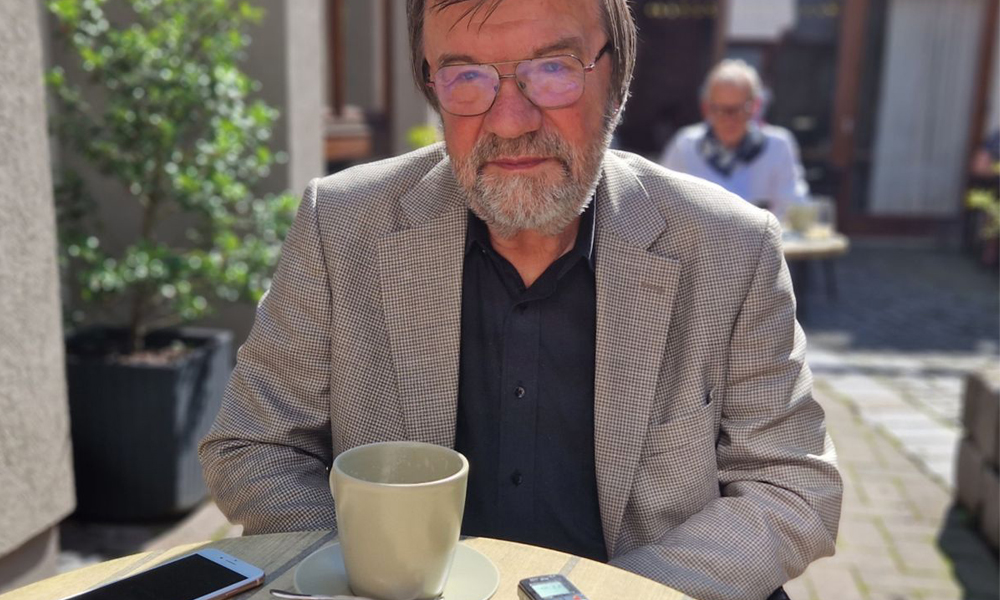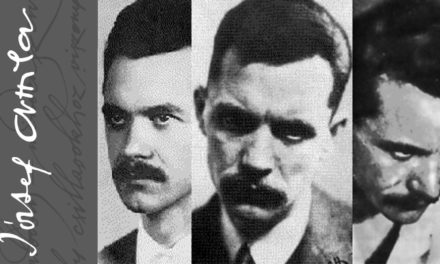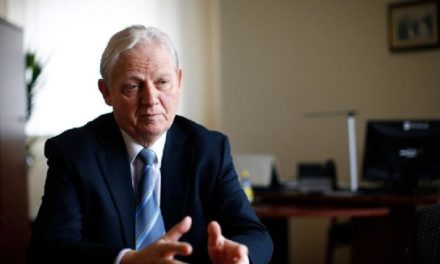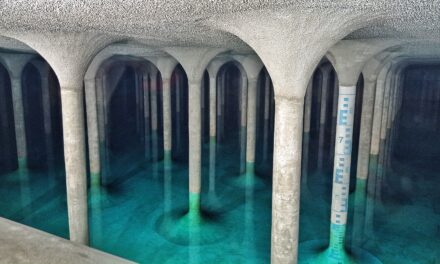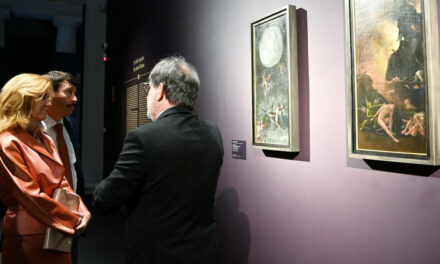According to the former faction leader of the MDF, the former minister of the interior, in our extremely divided world, there is a particular need for a statesman who will be accepted on both sides at least after his death. And a political feature film made with artistic experience gives you the opportunity to do just that.
Magyar Nemezt addressed the politician at the 3rd Hungarian Motion Picture Festival , who came to Veszprém for the audience meeting of the Blokád . He helped the film as an expert, and the book he wrote about the regime change was one of the foundations of the script.
How does it feel to experience the fact that the political turn of thirty years ago, in which you were an active participant, is now playing in theaters as a feature film?
We did not experience it as a game at the time, but as a very serious situation. Not only the Blockade , but also the personality of József Antall is the reason for making a film about this period and immortalizing the two defining figures of the era, the first prime minister and the first president of the republic, Árpád Göncz.
What do you think about the controversy that arose around Árpád Göncz after the film's release in the fall?
It is understandable that the portrayal of Árpád Göncz caused controversy, because
it does not match the image that was formed of him in the public opinion, thanks to the extremely biased media and the tellers of the time. This film portrays the real Árpád Göncz. That's how it was.
Were you present as an expert throughout the making of the film?
They consulted with me, and the screenwriter Norbert Köbli read my first book, which is about this period, the regime change, and in which József Antall is one of the main characters. I wrote the book for eight years. I didn't write a history book, but stories, stories. In doing so, I tried to recall the characters' speech style, behavior, and the habitus of all the important political actors of the era.
I checked my memories in many ways, comparing them with the memories of others and the documents of the time, so I think that the story of the regime change unfolds quite authentically.
Should there be more fiction films about the regime change?
Yes, I think there should be more films about this.
Why?
Because
feature film is the genre that people like to watch
and from which they can learn about what and how it actually happened during the period of system change. Young people don't know much about it, and many of those who experienced it experienced it negatively, because their life strategy of many years suddenly collapsed. The Kádár system already created relative consolidation, in fact you could see that anyone who did not go against the system could buy a Trabant within ten years, if the grandmother died, she got an apartment and could even go to university, if not his parents were fifty-six. So it was possible to live in this system and suddenly the big change came. In addition, people thought that if the system was the same as in the West, they would live like Westerners anyway.
Compared to that, it didn't get better, but worse, because the huge debt we inherited from the communist government was greater than the damage that happened to the country in the Second World War.
While there were no ruins, everything seemed fine. We had to fix this, which of course could not happen overnight. It was not simply necessary to copy the Western model, but to create a market economy based on the given situation, and at the same time to preserve the functioning of the country. People suffered a lot from this. We said in vain that you can do business freely, how could someone who used to work in a factory and lost his job be able to do business. At the same time, the system change is an outstanding event in Hungarian history, and it is by far the only successful revolution. And it is important for a nation to experience its great historical moments as its own. It makes it easier if these big moments can be linked to one person. A film like this helps with that.
The protagonist of the system change was József Antall. He was the one who worked out the compromises that led to the first free elections in Hungary, and then, as prime minister, he managed the system change process.

Norbert Köbli receives the award for the best screenwriter from director Csilla Szabó for the film Blokád at the awards gala of the Hungarian Motion Picture Festival at the Petőfi Theater in Veszprém on June 10, 2023. / MTI / Tamás Vasvári.
The director of the film, Ádám Tősér, recently told our paper that there are few things that can be a common denominator today. According to József Antall, this is the case. How do you see this: the common denominator today in this extremely divided Hungarian society is the first freely elected prime minister?
I would say that
if someone, then he has a chance to be a common denominator. After all, Antall's merits are now recognized even by his former political opponents.
In addition, his painfully early death protected him from being part of the increasingly unworthy political give-and-take. And it is also true that in his entire life there was not a single moment that he should have been even a little ashamed of.
He has attended many audience meetings, and that is why he came to the Moving Image Festival. What questions do you hear from the audience that are memorable?
Someone suggested why it wasn't filmed at Eötvös High School, since Antall also taught there, not just at Toldi.
The politicians of the time appear with brilliant actors, with their own faces, which I consider quite special.
The viewers ask who Somlai is, who was the secretary. He was made up of three figures from Antall. Indeed, he had a chief of staff who was also his student, but he was not with Antall at the time of the taxi blockade, so it had to be put together from several figures.
At the first audience meeting, I saw that there are surprisingly many twenty-year-olds who are very curious about this period. Is that how you see it?
Yes, and there is also the case where the father brings his son and the grandfather is with them, so three generations watch it at the same time and all three like it very much. It was full of high school students and the young people watched with open mouths at the unusual presentation in Toldi.
Is there a political drama you like?
The Whistleblower series (2022), which aired on HBO Max, was good and authentic. It was of a different nature, the actors of the time were not shown.
What do you think about Árpád Göncz, should it be made into a feature film?
I think the film about Árpád Göncz, the Blokád , was also made.

